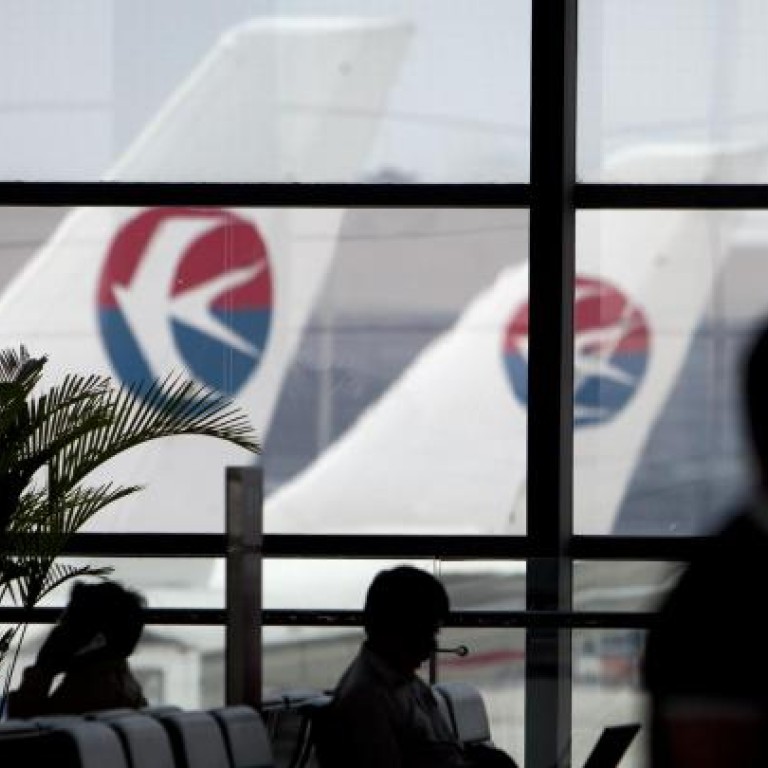
Sino-U.S. trade to keep on soaring
Lawyers say a rising number of trade disputes will not curb rapidly growing Chinese investments in the United States
Tensions between the United States and China over trade and investments will rise under the leaderships of Xi Jinping and re-elected President Barack Obama, but Chinese investments in the US will nonetheless soar, say lawyers involved in Sino-US deals.
"Obama will be tough on trade with China because it's good politics," said Edmund Sim, a partner at Appleton Luff, a US law firm.
Obama won almost all the Midwestern states in the recent US election because of his policies favouring US industries such as the bailout of the car industry, Sim said.
"The US will therefore continue a robust trade policy aimed at keeping China to its WTO trade commitments while supporting US exports," Sim said. "This means more WTO complaints and trade actions between the two countries."
Trade between the two countries was valued at US$500 billion in 2011 compared with US$120 billion in 2001, said Mao Tong, a lawyer at Squire Sanders, another US law firm. This meant the number of trade disputes, including anti-dumping complaints, have gone up, since a proportion of that trade was subject to friction, said Mao.
"The total trade figure will continue to grow and there is a concern over dispute management," he added.
In recent weeks the US-China Economic and Security Review Commission (USCC) has called for tighter controls on Chinese investments in the US. The Commission is a US congressional body that advises Congress on China but has no power to implement policy.
It has recommended that the US Securities and Exchange Commission (SEC) scrutinise foreign firms seeking to list on US stock exchanges more closely. "The SEC should focus on state-owned companies that may have a material bearing on the investment," it said.
"China's outward investments are dominated by state-owned enterprises (SOEs). These entities are potentially disruptive because they frequently respond to policies of the Chinese government."
It noted that an increased SOE presence may be harmful to the United States economy and said the US administration should explicitly address the unfair challenges posed by China's SOEs in all markets.
The Commission has also urged the US Congress to consider imposing tougher restrictions on Chinese investments, including adding an economic benefit test to the existing national security test on foreign investment by the Committee on Foreign Investment in the United States (CFIUS).
Obama's administration will tighten restrictions on Chinese investments in US sectors deemed sensitive to national security, but local governments in US states and cities are eagerly courting such investments, Sim said.
"Neither side would want a total trade or investment war, since the two countries are still more tied together than going in different directions," Mao said. The export of transport equipment from the US to China rose nearly sevenfold from US$2 billion in 2000 to US$13.2 billion in 2011, of which a major item was Boeing jets, according to the USCC.
In the past decade, China's exports to the US have increased 3.5 times, while US exports to China grew fivefold, said Mao. "If this trend continues, 10 years from now the Sino-US trade imbalance may be gone or greatly reduced," he said.
The most striking change in Sino-US trade from 2000 to 2011 is the growing importance of agricultural products among the top US export categories to China, said the Commission. Agricultural products have advanced from being the fifth-largest US export to China in 2000 with a value of US$1.2 billion to the largest export category at US$14.7 billion in 2011, when it toppled computer and electronic products as the biggest US export item to China.
The weaker US dollar has made the US competitive in raw materials, explained Sim.
US exports of oil, gas, minerals and ores to China grew 20 times from US$105 million in 2000 to US$2.1 billion in 2010, and exports in this category more than doubled in value from 2009 to 2010 alone, said the USCC.

